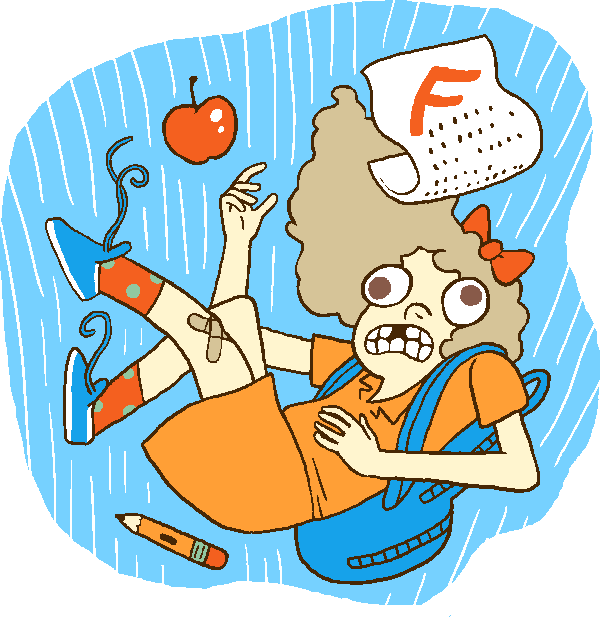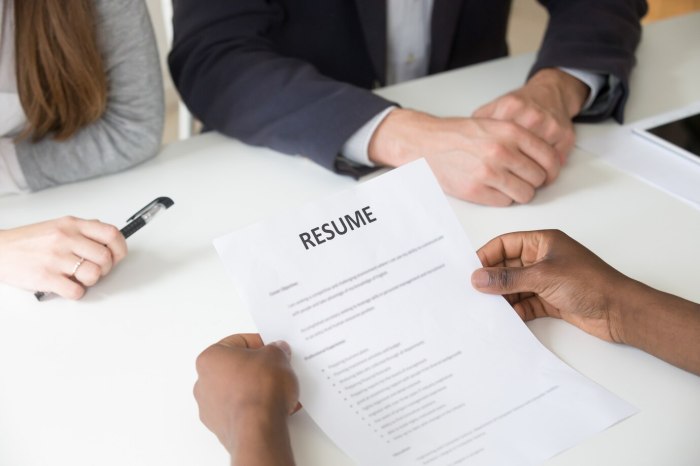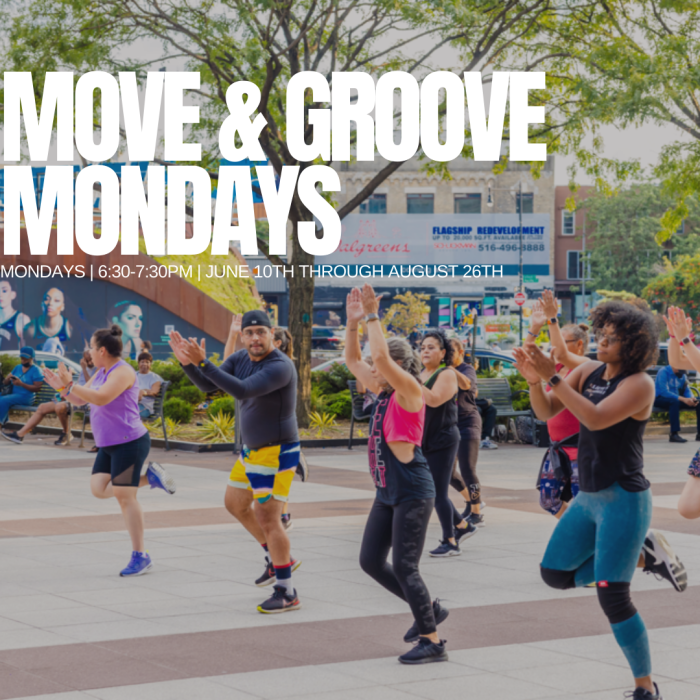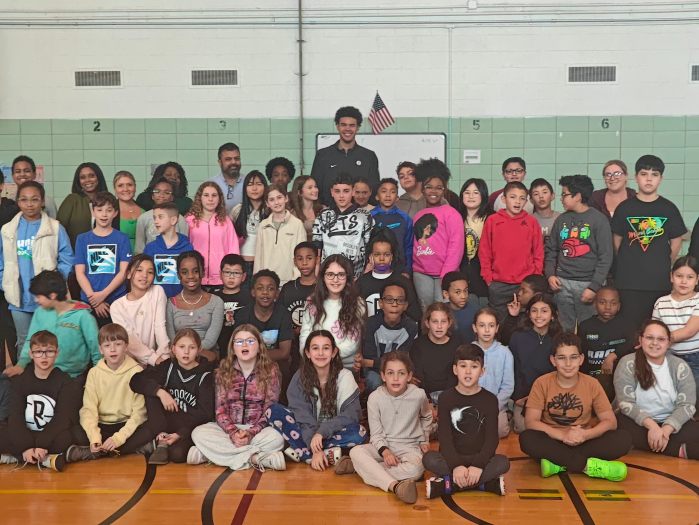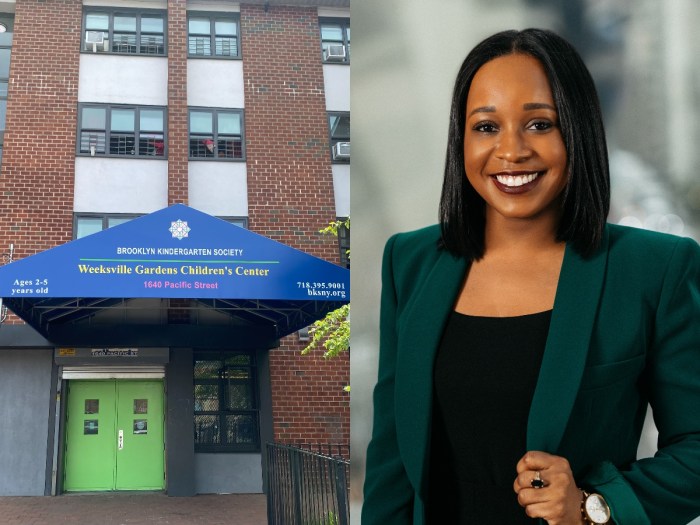You work really hard, daddy,” my older one said the other night to his father when he came home from the office.
At 12, Eli is learning to be politic (and equitable), so he quickly turned to me.
“You too, Mom … you … you…”
He struggled here to define my “work.”
“You keep the house really nice!”
Hmm. I smiled.
“Thanks?”
I should be complimented, right? Isn’t it true that the house is my “work” and that if it’s “nice” I should take pride?
I get some help, but I am definitely in charge of household chores, delegating tasks like picking up underwear and stinky socks from the floor, throwing away candy wrappers instead of leaving them around like a drunk’s empties, and making sure wine bottles are placed in the recycling bin. I do, of course, get paid, in room and board and access to my husband’s money (“our money,” he always corrects me), but it is different. My son’s attempt to commend me on my hard work was difficult for him because, even at 12, there is an inextricable link between “work” and direct compensation.
In that way, I don’t “work.” I make very little on my writing and writing workshops and have spent far more than that trying to start an arts education non-profit. I am, in fact, a net drain, a costly dependent.
How did this happen? I never identified as a feminist. I always liked men too much to vilify them. But my mother warned me against letting myself be taken care of, against not paying attention to the finances. So I went to Northwestern. I got a journalism degree and went into business journalism to make the most I could make as a writer. I interviewed business heads about their marketing plans as a reporter for Advertising Age at 28, holding their feet to the fire with information I’d gleaned from various and sundry secret “sources” from around the country. I flew coast to coast often, spoke on panels and on television about what companies I thought were getting branding right. Wall Street analysts asked me what I thought.
And then I had kids. I remember the moment I knew it would come to this, to mostly managing the household and being around in the afternoons to make popcorn. I was in school, interviewing a famous journalist, Nan Robertson. She traveled the world, exposing injustices. I was so excited talking to her, imagining I was on the path to follow in her footsteps. And then she said it.
“I never had kids,” she said, rather ruefully. “It was too hard with what I do.”
I had to rethink everything in that moment. I remember feeling dizzy. What did I want to be if I didn’t want to be her, if I couldn’t be because I realized in that moment with certainty that what I really, truly wanted most was a family, one I would actually be around for? All my passion for rooting out the world’s ills fell into the background.
I did still work at Ad Age for a while after the kids were born, three days a week in the office, two from home. It was hard to leave them, but I loved their babysitter. Her Caribbean calm suited babies and tough toddlers better than my Jewish neuroses and guilt. But then I was missing so much, and I stopped caring about whether Kelloggs or General Mills was in the top cereal spot and what Super Bowl commercial they had planned to stay there.
It made me distraught to do my job and not care about it.
It has been more than six years since I had the luxury of quitting my full-time job, and I wouldn’t trade the time.
But.
I still wince at the idea of being a housewife. I still envy women who have stayed in the workforce their success. I wonder where I’d be now.
I am starting an arts education charity, InspireCorps, but so far the work is squeezed into school hours and around the edges of popcorn-making. And I am keenly aware of balance as I build it. I still do want compliments on how I keep the house and, despite any traction the idea has in feminism, it’s impossible to do it all.


